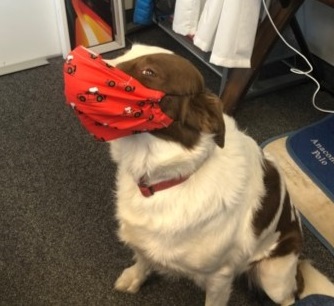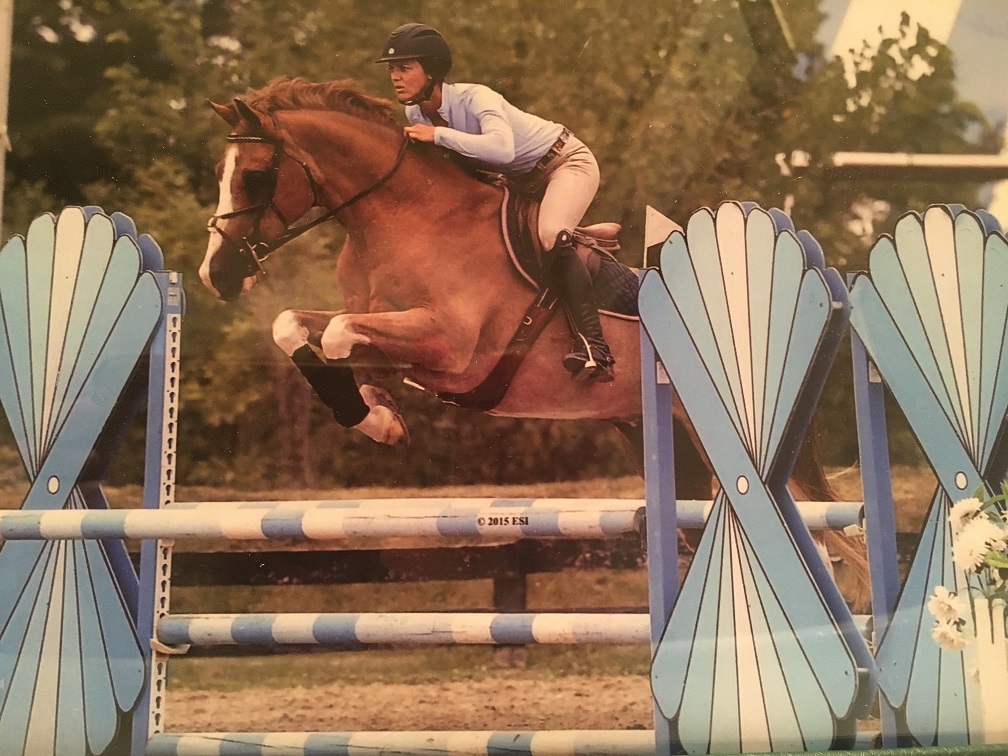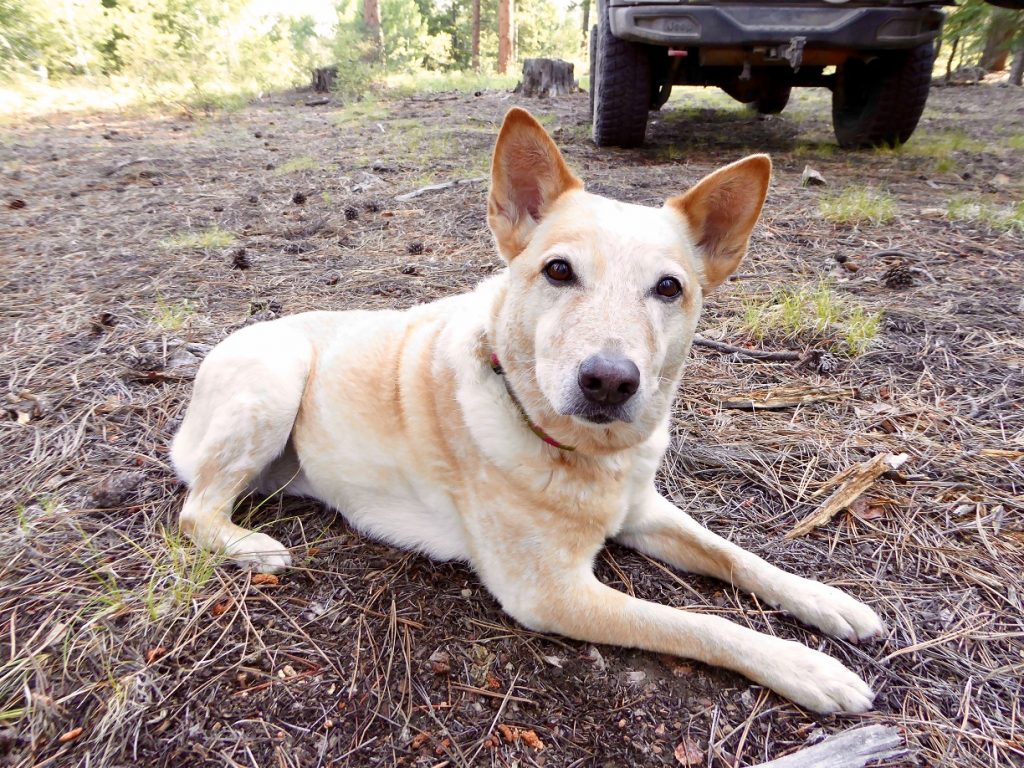FDA Approved Stem Cell Clinical Trial for COVID-19
It is with immense pride that we announce our human company, Personalized Stem Cells, recently received FDA approval to treat COVID-19 patients in an upcoming clinical trial. Read PSC’s blog below:
Personalized Stem Cells (PSC) recently received FDA approval to treat COVID-19 patients with stem cells in an upcoming clinical trial. In April, we announced that we filed an expedited IND at the request of the White House Coronavirus Task Force to treat hospitalized COVID-19 patients. This approval is incredibly significant because patients will be treated with disease-screened, quality tested donor cells as opposed to their own stem cells. This is known as allogeneic stem cell therapy and is different from PSC’s current FDA approved clinical trial in which patients receive their own stem cells (autologous) to treat knee osteoarthritis.

Stem Cell Therapy for COVID-19
PSC has become a leader in the field, recently publishing a landmark peer-reviewed scientific article on the rationale behind using stem cells to treat COVID-19. Mesenchymal stem cells (MSCs) have demonstrated the capacity to inhibit lung damage, reduce inflammation, dampen immune responses and aid with alveolar fluid clearance. Additionally, MSCs produce molecules that are antimicrobial and reduce pain. Recently, the application of MSCs in the context of ongoing COVID-19 disease and other viral respiratory illnesses has demonstrated reduced patient mortality and, in some cases, improved long-term pulmonary function.
Based on information out of Israel, China, Spain and the United States, stem cells have shown promising effectiveness in the treatment of the major medical lung issues caused by COVID-19. Israel recently announced 100% recovery in seven COVID-19 patients who were treated with stem cell therapy. Spanish medical investigators reported on an adipose stem cell study in which 13 COVID-19 patients were treated using a protocol very similar to the one just approved for PSC. According to the results, the mortality rate in the treated patients was significantly decreased.
FDA Approved Clinical Trial: CoronaStem 1
The initial clinical trial, named CoronaStem 1, will include 20 COVID-19 patients hospitalized in California. Once complete, PSC hopes to move into a larger Phase 2 clinical study and potentially into FDA Expanded Use programs or Emergency Use Authorization, which could allow for many more patients to be treated.
In order to rapidly ramp up the production of stem cells for use in the clinical trial, PSC collaborated with Calidi Biotherapeutics, a biotechnology company based in San Diego, California. Calidi provided disease-screened, quality stem cell lines to PSC, enabling us to accelerate the stem cell drug manufacturing process. In addition, sister company and CRO, VetStem Biopharma, provided manufacturing and regulatory support to help make FDA approval a reality.
PSC is not currently soliciting patients for inclusion in CoronaStem 1 due to the limited number of hospitals participating in the study. For more information regarding future clinical trials, please contact us here.



